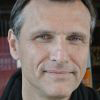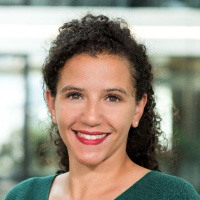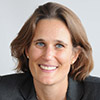Aidez-nous à bâtir l’avenir.
Votre générosité sera un catalyseur de changement !
Un siècle d’impact
Depuis 1927, le Geneva Graduate Institute (alors HEI) est un pionnier dans l’exploration des questions mondiales et de leur gouvernance. Notre histoire est parallèle à celle de la Genève internationale – et notre projection en tant qu’acteur du multilatéralisme est profondément ancrée dans nos racines genevoises et suisses.
Nos ambitions stratégiques s’appuient sur le rôle emblématique de l’Institut comme vecteur du multilatéralisme, tout en l’adaptant aux nouvelles réalités du monde.
À l’approche de la célébration du 100e anniversaire de l’Institut en 2027, notre projection stratégique souligne plus que jamais la pertinence de ce que nous faisons à l’Institut et l’urgence des questions que nous explorons. Cette capacité à envisager l’avenir avec confiance repose sur des bases solides et sur notre croissance spectaculaire de ces dernières années, mais elle nécessite aussi de nouveaux investissements et de nouvelles ressources.
Confronter les défis les plus difficiles d’aujourd’hui : six questions mondiales en point de mire
Les défis auxquels notre monde est confronté sont nombreux et interdépendants. Nous en avons identifié six comme particulièrement prioritaires. Au-delà des trois piliers de notre Charte – la Paix, la Durabilité et l’Équité – les questions du Multilatéralisme, de la Démocratie et de la Technologie doivent être au cœur de notre projection stratégique.
Les compétences qui ont historiquement défini l’Institut – la pensée critique, la transdisciplinarité, l’articulation de la recherche avec l’expertise et la pratique, l’innovation et l’agilité – sont particulièrement pertinentes pour aborder ces questions et les défis qui les caractérisent.
Nous sommes à un tournant. Réfléchir à la complexité de ces questions est la condition sine qua non d’un projet encore plus ambitieux : celui de ré-enchanter l’humanité pour assurer sa résilience et sa survie.
Aidez-nous à nous engager pour l’avenir et à façonner un monde meilleur
Ensemble, engageons-nous pour l’avenir. Rejoignez-nous dans ce voyage et accélérez le changement par votre générosité.





















